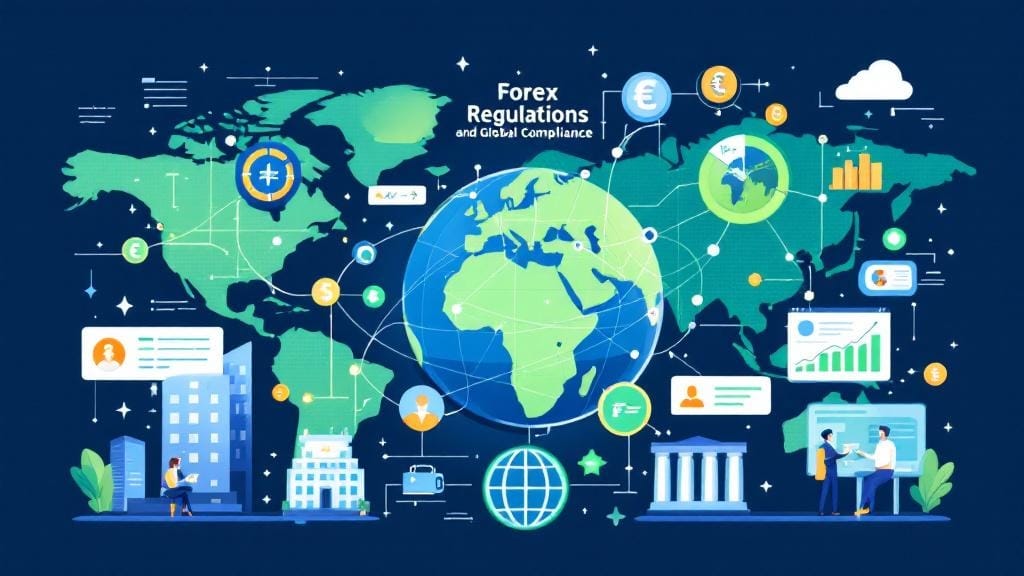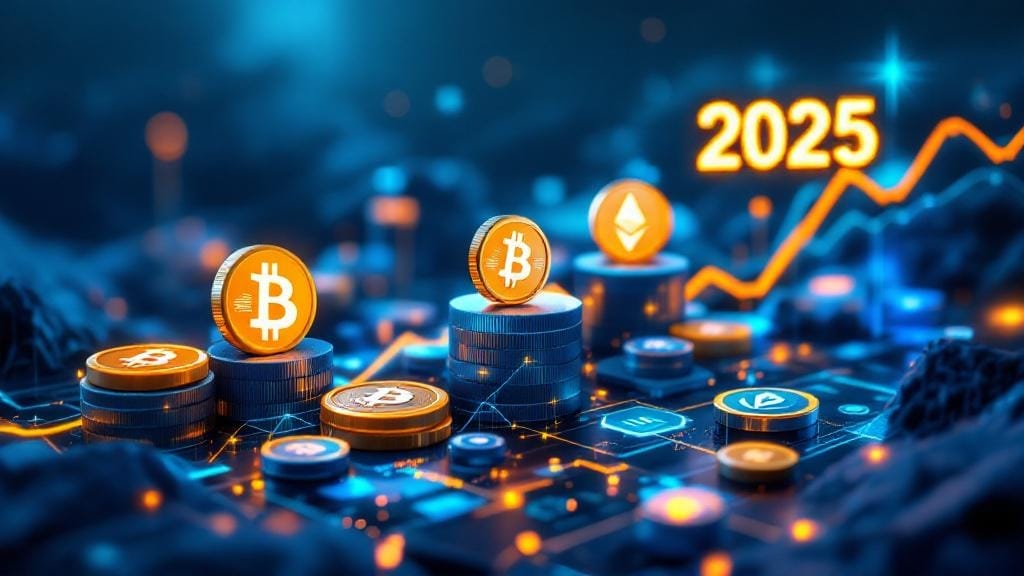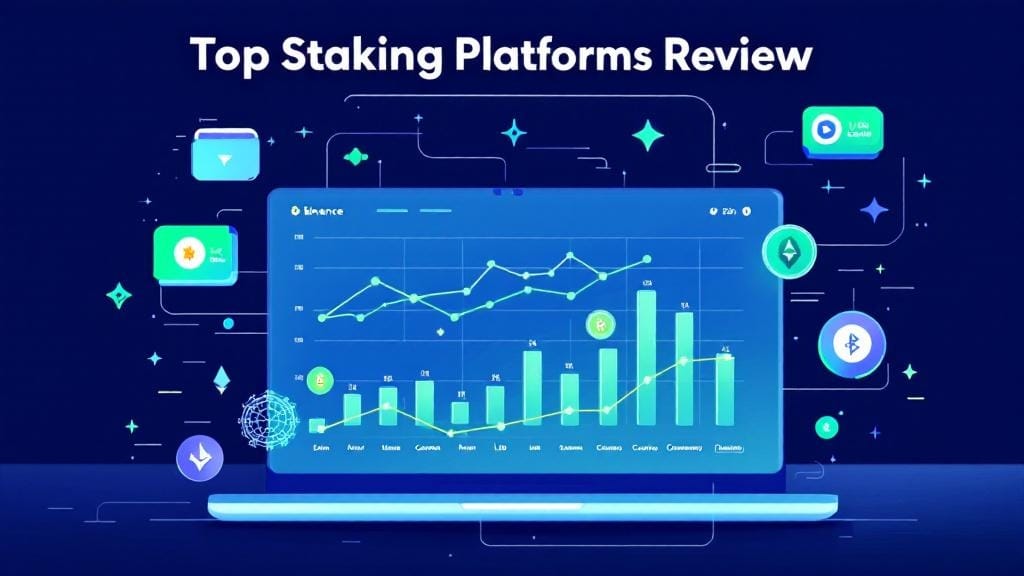In today’s uncertain economy, managing finances effectively is more critical than ever—especially when unpaid debts are piling up. Whether you’re a small business owner chasing overdue invoices or a corporate firm facing significant losses from outstanding accounts, debt recovery solutions can help you regain financial control and restore cash flow fast.
This guide breaks down professional debt recovery strategies, real-life examples, and actionable tips to fast-track your financial rebound using trusted debt collection services. Whether you’re new to the process or seeking better results, this is your go-to resource.
🚩 What Are Debt Recovery Solutions?
Debt recovery solutions refer to a wide range of services, tools, and methods used to reclaim outstanding payments from individuals or businesses that have failed to settle their dues. These solutions are designed to help:
-
Small businesses recover unpaid invoices
-
Corporates deal with large-scale debt portfolios
-
Lenders and service providers manage accounts receivable recovery
Whether handled internally or via third-party collection agencies, these services ensure that your business doesn’t suffer due to others’ payment delays.
💼 Types of Debt Recovery Services
Let’s take a closer look at the most effective debt collection services available today:
1. Business Debt Recovery
Ideal for small and medium enterprises (SMEs), business debt recovery focuses on retrieving overdue invoices and credit balances from clients or customers.
Real-life Example: A digital marketing agency was owed ₹2.5 lakhs by a client for 6 months. After hiring a professional debt recovery agency, they recovered 90% of the amount within 3 weeks—without legal action.
2. Corporate Debt Recovery Solutions
These are tailored for larger firms dealing with complex or high-value debt portfolios. Strategies include skip tracing services, formal demand letters, and legal enforcement if necessary.
3. Commercial Debt Recovery
This focuses on B2B transactions—where one company owes another. It often includes accounts receivable recovery, audits, and dispute resolution to ensure smooth business continuity.
4. Debt Resolution Services
These services involve negotiation with debtors to settle the dues—either in full or in part—depending on their ability to pay. It’s an ideal path when recovery via legal means is expensive or time-consuming.
🧠 Why Use Professional Debt Recovery Agencies?
Hiring professional debt recovery agencies adds a layer of authority and efficiency to your collection efforts. Here’s why they work:
-
Expertise in the legal framework: They know the rules and regulations around collections and ensure compliance.
-
Access to skip tracing tools: Helpful in locating hard-to-find debtors.
-
Psychological pressure: Debtors are more likely to pay up when contacted by a third-party collection agency.
-
Resource saving: Letting experts handle debt recovery frees your internal team to focus on core business tasks.
💡 Tip: Always check if the agency is licensed and follows ethical collection practices.
🔁 The Debt Recovery Process: Step-by-Step
Understanding the debt recovery process helps you stay informed and proactive. Here’s a simplified version:
Step 1: Internal Reminder & Follow-ups
Send friendly payment reminders to the debtor. Use emails, calls, and even physical letters.
Step 2: Engage a Debt Collection Agency
If there’s still no response after 30-60 days, hire a debt recovery firm. They’ll escalate collection efforts professionally.
Step 3: Skip Tracing Services
If the debtor has gone silent or moved locations, agencies use skip tracing to locate them.
Step 4: Settlement or Negotiation
Many debt settlement options are available—installments, partial write-offs, or structured repayment plans.
Step 5: Legal Enforcement (if needed)
As a last resort, initiate court proceedings. This is common in high-value cases or when communication has broken down.
🏆 How to Choose the Best Debt Recovery Firm
With so many options, how do you pick the right partner? Look for these qualities:
-
✅ Proven track record in commercial debt recovery
-
✅ Transparent fees (avoid commission traps)
-
✅ Strong client testimonials
-
✅ Legal and ethical compliance
-
✅ Use of technology like dashboards or automated follow-ups
💸 How Debt Recovery Supports Financial Health
Unpaid dues hurt cash flow, limit growth, and affect investor confidence. Leveraging credit recovery services and debt management solutions helps businesses:
-
Improve working capital
-
Reduce bad debts
-
Strengthen customer accountability
-
Free up resources for business expansion
📊 Stat: According to a 2024 SME survey, businesses that use structured debt recovery services recover up to 87% of debts within 90 days.
⚖️ Legal vs. Non-Legal Recovery: Which Is Better?
Non-Legal Debt Recovery
-
Faster
-
Less expensive
-
Keeps client relationship intact
Legal Debt Enforcement
-
Strong deterrent
-
Effective for large or stubborn debts
-
Involves court proceedings and may result in asset seizure
Always attempt non-legal recovery first before escalating to legal action.
💬 FAQs About Debt Recovery Solutions
1. What are the best debt recovery solutions for small businesses?
The best options include business debt recovery agencies, automated reminder systems, and debt settlement options for customers willing to pay in parts.
2. Can I recover unpaid invoices without going to court?
Yes. Most professional debt recovery firms recover debts through non-legal means like reminders, negotiations, and payment plans.
3. What does a collection agency do?
A collection agency contacts debtors on your behalf, sends formal notices, negotiates repayments, and may offer legal support if needed.
4. How long does the debt recovery process take?
It varies by case. On average, late payment recovery takes 30-90 days with the help of a skilled agency.
5. Is hiring a debt recovery agency expensive?
Many agencies work on a contingency fee basis—meaning they charge only when they successfully recover the debt. This makes it cost-effective for most businesses.
6. How does skip tracing help in debt recovery?
Skip tracing services track down debtors who have moved, changed contact details, or gone missing—especially useful in third-party collections.
7. What’s the difference between debt resolution and debt collection?
Debt resolution involves negotiation and compromise, often to avoid legal action. Debt collection is a broader process that may include formal steps, third-party involvement, and enforcement if needed.
✅ Final Thoughts: Fast-Track Your Recovery with Smart Solutions
Debt recovery solutions are more than just collection calls—they’re strategic tools to protect your business, maintain cash flow, and resolve financial disputes efficiently. Whether you’re chasing unpaid invoices, navigating corporate debt recovery, or managing late payment recovery, there’s a solution tailored for your needs.
Don’t let debt slow you down—partner with the best debt recovery firms, leverage expert credit recovery services, and get your finances back on track.








Comments (0)